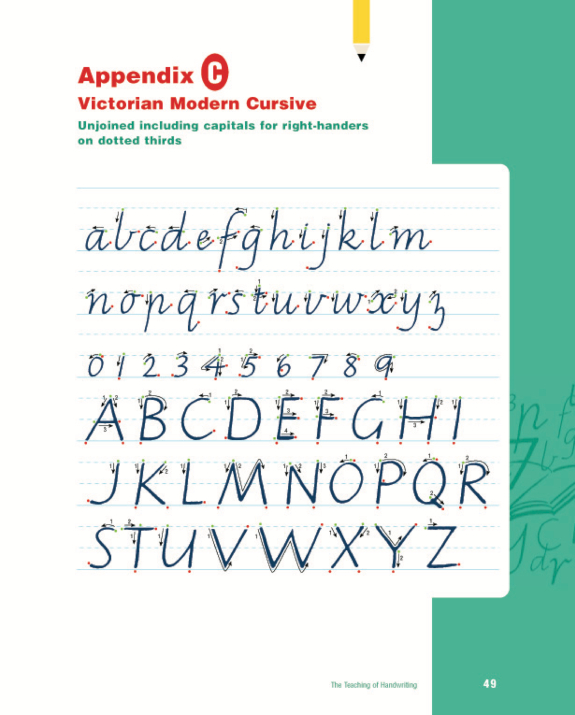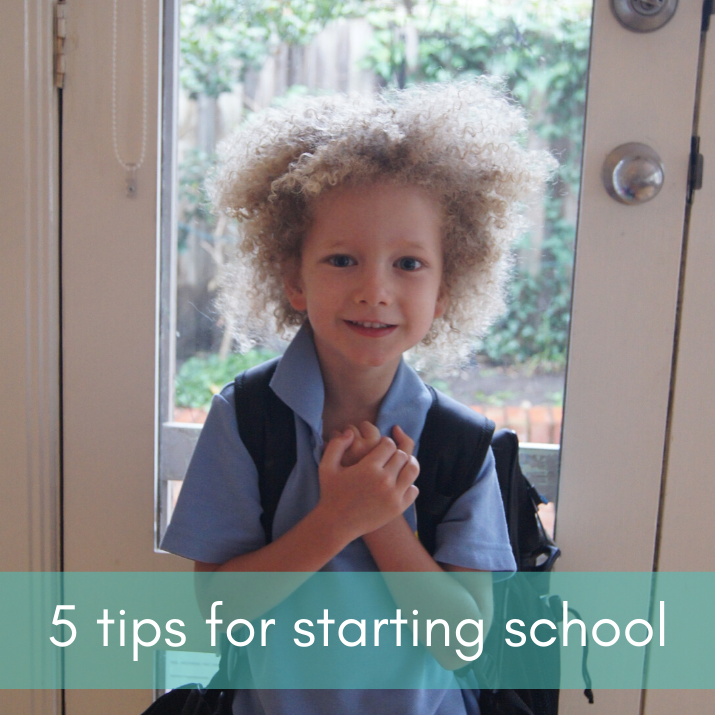
In Victoria the first year at primary school is now known as the Foundation year. When our five kids first started school it was known as Prep, but regardless of what it is called there are simple things we can do as parents to help the first year of school for our kids get off to a great start.
1. Create a morning routine with your child
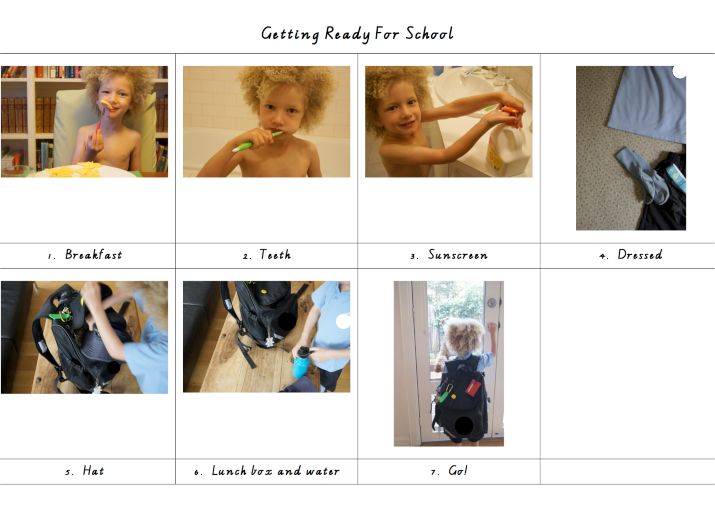
If you have been reading the blog for a little while, your child may already be used to a morning routine, as they had a visual preschool routine chart If this is the case, then it is just a matter of updating their schedule to include new photos and any new steps that may be involved.
If they haven’t had a chart before, then now is the time to start! It is an excellent tool, to help teach kids how to organised themselves. Having your child involved in making the chart helps get much greater by in as they feel they had some control over it. We don’t associate any rewards to these activities, they are simply the activities the child needs to complete to get themselves ready for school.
The kids’ reward is in fact increasing their independence skills and increased self confidence! You can download a blank template here and find more details instructions here.
2. Create a weekly schedule with your child
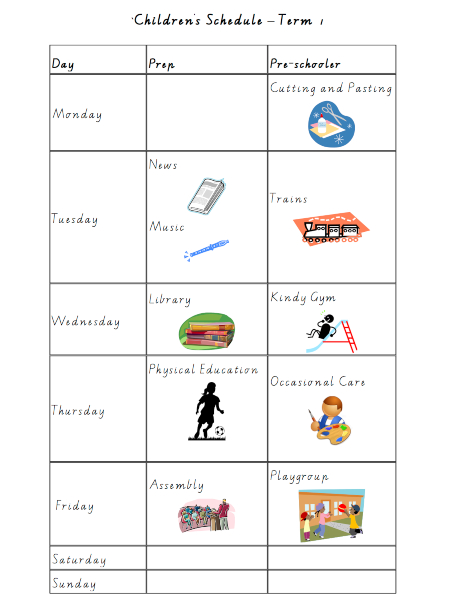
Once they are in school, as well as having a morning routine, having a weekly schedule is a super handy organisational tool for them to have. This chart tells them what they have on each day, so they can become responsible for making sure they have the things they need each day, for example, they bring their library books on Wednesday when they have library.
You can download a blank template here and find more details instructions here.
You can see in the example above that I have used a special font for the chart. The font I have used is Victorian Modern Cursive Script font and it is the style of writing taught to children in Victorian primary schools.
You can download the font for your computer and also download the writing poster from the Victorian Government website here. This poster is on dotted thirds and for right handers. The arrows you can see around the letters indicate which direction children should be moving their pencil. This is very useful to have posted up at home, to help encourage your child with correct letter formation. The website has posters for left handers too, and with both unjoined and joined writing.
3. Make sure they are well fed
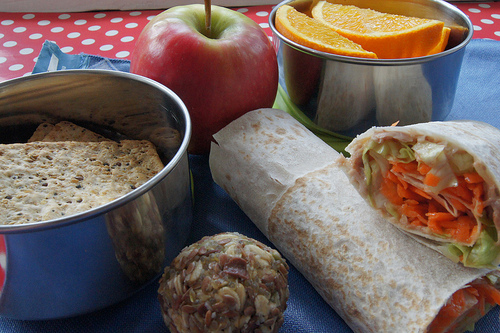
Even if your child has been used to full time care five days a week, school can still be quite different and an adjustment for them. Their brains are working over time and we know that the brain uses more energy than any other human organ, accounting for up to 20 percent of the body’s total energy usage.
So ensuring they are eating well to fuel their brain is particularly important. This means focusing not just on what is in their lunch box, but they have three good meals a day. For ideas for kids check out these links:
- Breakfast ideas that kids can make
- Simple school lunch box process
- 50+ easy school night dinner recipes
4. Be prepared for meltdowns
Some schools start Foundation students on shorter days or have Wednesdays off for the first month which can help reduce tiredness for little ones. But there is such a learning curve and there are so many new things to deal with, that tiredness is almost inevitable. And with the tiredness comes a greater propensity for meltdowns!
It was very common for there to be regular Friday meltdowns after school when we had a new school starter in the house. There are some things you can do to decrease the chance of them occurring, eg having no activities on, having an early dinner, having calm time etc, but some days despite your best efforts, they will still happen.
Knowing they are part of the landscape means you can have plans for how to manage the your child and yourself. Getting them in the bath and off to bed early would help at our place, as would listening to audiobooks and colouring in or like activities. Have some options on how you are going react when the meltdown occurs, so the situation doesn’t escalate and spread through the house.
5. See things through their eyes
An excellent piece of advice I received from a Montessori teacher in my early years of parenting was as follows:
Don’t attach adult emotions to your child’s situation
As a parent we want our child to be happy. If they come home from school in the first week and tell us they didn’t play with anyone at lunch time or that someone said something rude to them, we can instantly want to take action on it.
If we listen carefully however and ask some thoughtful questions we might find out, for example, that they didn’t play with anyone at lunch because they took a long time to eat their lunch and they then played happily in the sandpit along side other kids. So when you asked them who they played with at lunch and they answered “no one”, it wasn’t that they were being isolated or excluded.
Before assuming that anything is wrong, it is s good idea to look at the situation through their eyes and understand how they see it first. All the best for those of you who have children starting school this year!
What tips would you give to parents who have their first child starting school this year?
Most primary schools in Australia will use some form of sight word or high frequency word lists in the Foundation / Prep year. To help my kids with their reading journey at this stage, I came up with some games and activities to make learning sight words more meaningful. Not only did they help them learn the sight words with greater retention, but it was also a lot more fun! THIS PACK IS NO LONGER AVAILABLE.
If you have a child starting secondary school this year, then you might like to check out these posts I have written previously:

